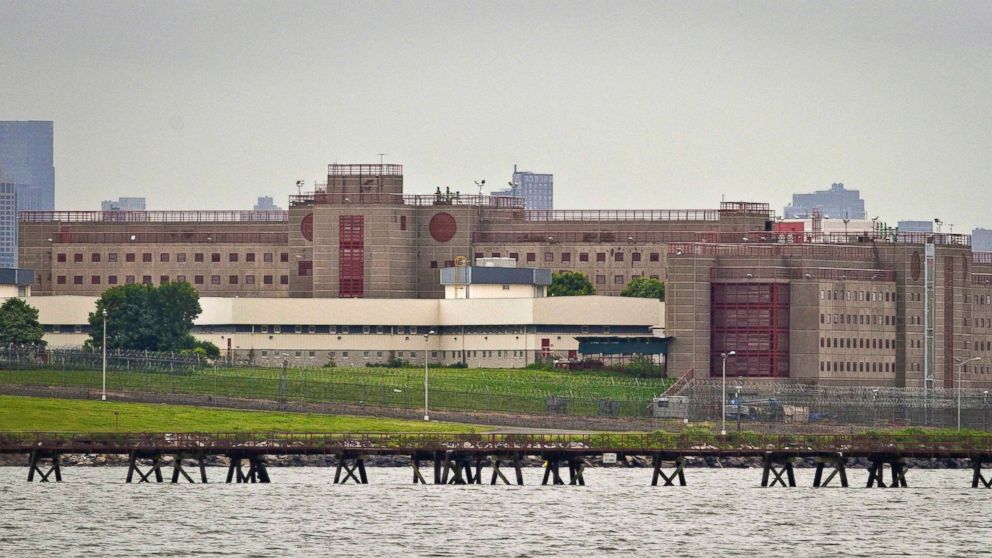Rikers Island: A History of Inmate Abuse Allegations Through Surveillance Videos
Surveillance videos show past cases of inmate abuse and neglect.

— -- On the ABC News app? Click HERE to watch this interactive video.
Rikers Island: the very name has long been synonymous with violence, fear, abuse of inmates -- including adolescents and the mentally ill.
In August 2014, U.S. Attorney Preet Bharara released a highly critical report citing a “deep seated culture of violence” at Rikers Island that targeted its youngest inmates. The document alleged the island jail was "broken," with adolescent inmates getting brutalized and officers covering for each other’s wrongdoing. It's "a place where brute force is first impulse rather than the last resort," according to the report. “We conclude that there is a pattern and practice of conduct at Rikers that violates the constitutional rights of adolescent inmates.”
Federal prosecutors sued New York City in December 2014 to speed up reforms at Rikers, joining a class-action lawsuit filed by the Legal Aid Society and private lawyers that sought to end the “unnecessary and excessive force inflicted upon inmates” by staff in all New York City jails. The complaint filed by the Department of Justice described how excessive use of force by corrections officers – often outside video surveillance coverage –resulted in broken jaws, broken facial bones, broken noses, leg bone fractures, and cuts so severe they required stitches.
Nearly a year ago, on June 22, 2015, New York City settled the case and agreed to a court order stipulating a long list of reforms, including strict regulations against certain types of use of force (such as officers hitting inmates in the head), better staff training, increased video surveillance (including body cameras on officers), and comprehensive investigations to hold accountable staff who violate rules on when and how force is allowed to be used.
New York City Correction Commissioner Joseph Ponte said an array of reforms are now being implemented under the watchful eye of an independent federal monitor.



